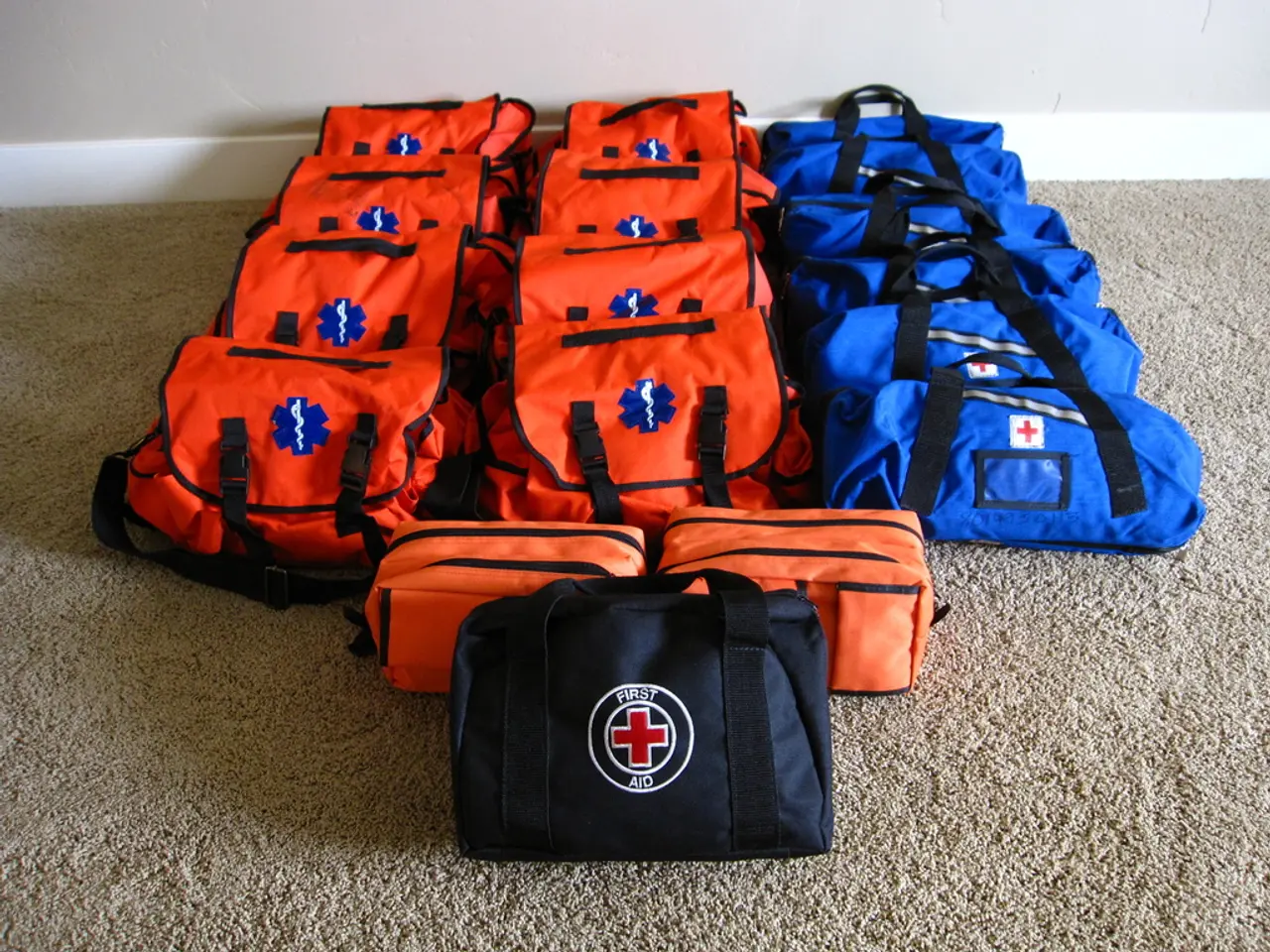Guiding Your Medicare Advantage Plan Through Crisis Situations
During times of declared disasters or emergencies, Medicare Advantage (MA) plans are required to waive certain usual restrictions to ensure members can access care and prescription drugs without extra cost. These special rules are typically activated by a formal emergency declaration or a Public Health Emergency declared by the Secretary of Health and Human Services.
Key special rules include:
- Out-of-network care: MA plans are required to waive normal network restrictions, allowing beneficiaries to receive care from out-of-network providers or hospitals without facing the usual higher cost-sharing or denial of coverage when displaced by the disaster.
- Prescription drug access: Plans must allow access to prescription drugs without usual authorization or network restrictions, facilitating getting medications during emergencies.
- Duration: These waivers generally last at least 30 days following the disaster declaration but can vary based on ongoing emergency status. Beneficiaries are advised to contact their MA plan quickly after a disaster to minimize out-of-pocket costs as the special rules may expire while they are still affected.
- Special Enrollment Periods (SEPs): CMS provides a Disaster-Related SEP that allows affected Medicare beneficiaries to enroll in, switch, or disenroll from Medicare Advantage or Part D drug plans if they missed usual election periods because of the disaster. This SEP starts with the emergency declaration and can last up to 14 months depending on extensions or renewals of the disaster status.
Original Medicare beneficiaries typically do not have network restrictions and thus do not face portability issues during disasters, unlike MA enrollees.
In addition, during a disaster, Medicare Advantage plans must allow out-of-network care at Medicare-certified facilities for non-emergency services. Beneficiaries must have access to covered prescription drugs at out-of-network pharmacies if it's not reasonable for them to get to an in-network pharmacy.
If you sign up for Part A or Part B during a SEP because of a natural disaster or emergency, you'll have two months to switch to a Medicare Advantage Plan and/or a Medicare Part D drug plan. You can request to get an extended day supply, usually a 60- or 90-day supply, of your prescription drugs. In case of lost or damaged prescription drugs, your plan must help you replace them.
Prescription medication refills can be obtained by moving prescriptions from one in-network pharmacy to another, and back to the regular pharmacy when the emergency or disaster ends. If you pay full costs for prescription drugs at an out-of-network pharmacy, you can submit the receipts to your plan for a refund.
It's important to know the types of disasters that could happen in your community and to have an emergency kit prepared with necessary medications and supplies. If you need assistance about your original Medicare or Medicare Advantage plan, you can contact 1-800-MEDICARE anytime, 24 hours a day, 7 days a week with any questions. The Centers for Medicare and Medicaid Services (CMS) has a current emergencies page to assist beneficiaries.
The Secretary of the Department of Health and Human Services can declare a Public Health Emergency, allowing for the waiver or modification of Medicare Advantage requirements. Special rules are triggered by a formal declaration of emergency or disaster by a federal or state government.
- In times of declared disasters or emergencies, Medicare Advantage (MA) plans are required to allow beneficiaries to access out-of-network care from providers or hospitals without extra cost, facilitating health-and-wellness during the emergency.
- If a Public Health Emergency is declared, Medicare Advantage plans may waive certain requirements as prescribed by the Secretary of Health and Human Services, including providing access to prescription drugs at out-of-network pharmacies when it's not reasonable for beneficiaries to reach an in-network pharmacy.




